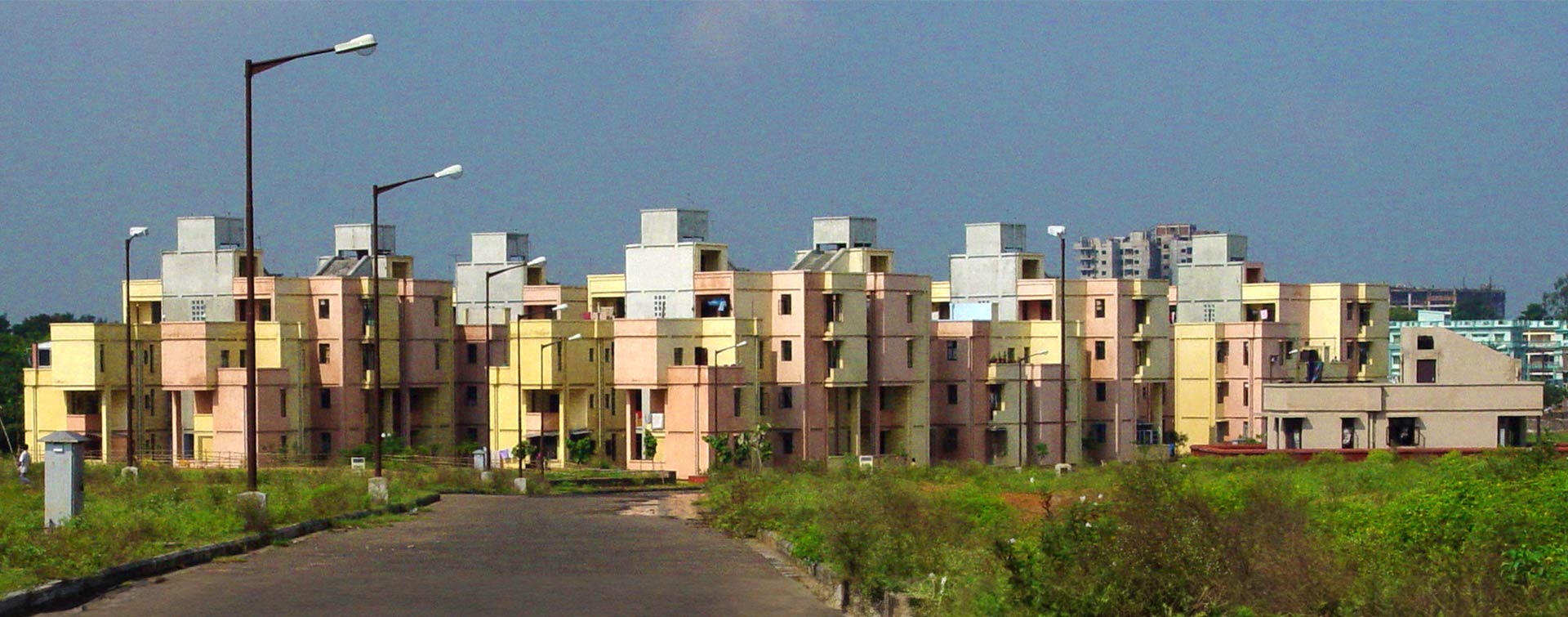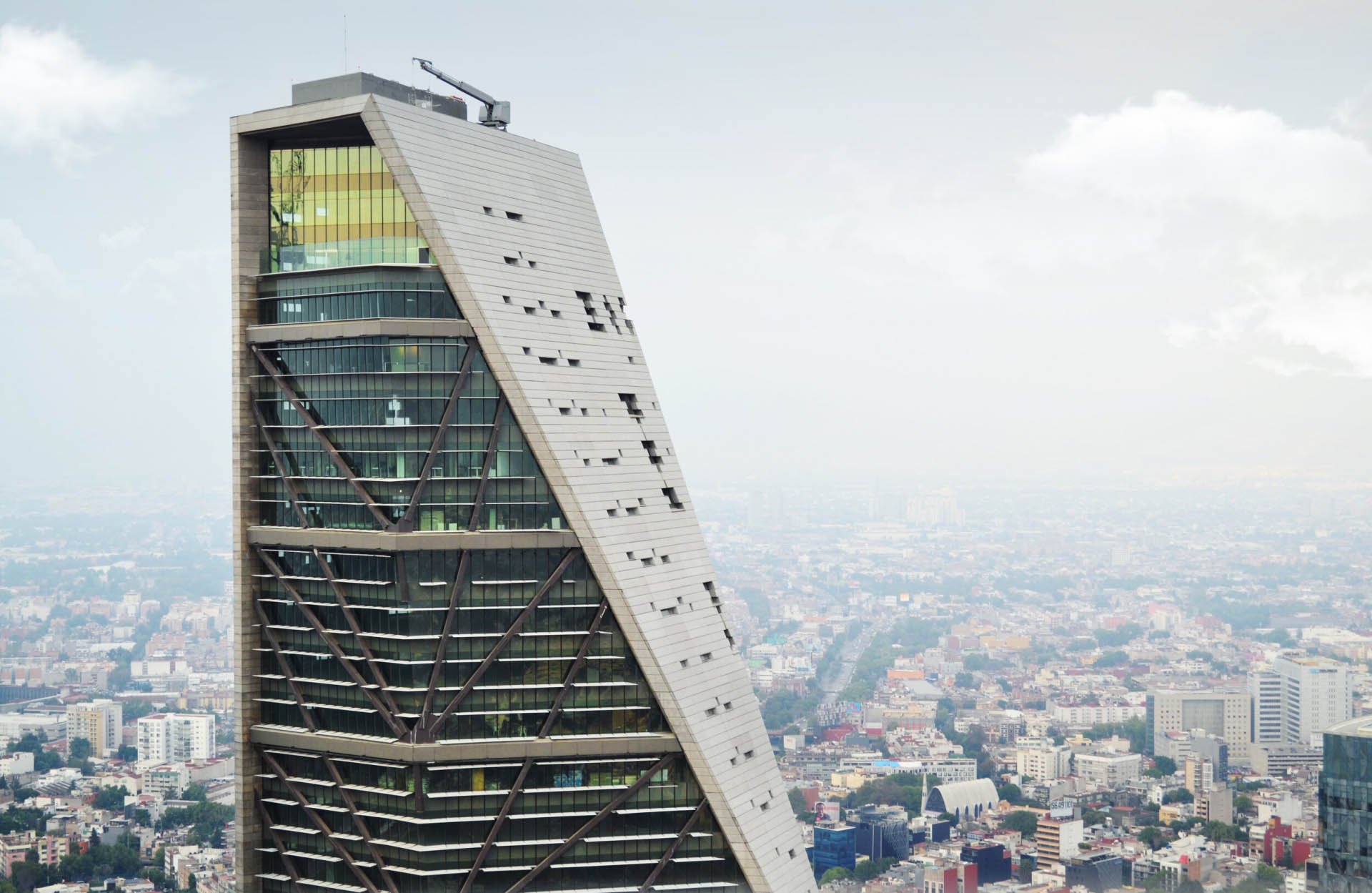 7 min
7 min
Director of the Energy and Buildings Programme at C40
How can sustainable construction help accelerate the energy transition of cities?
I. S.: Cities are responsible for around two-thirds of energy consumption, and building construction is responsible for the lion’s share. So sustainable construction is key to the energy transition – principles like vernacular architecture, low carbon materials, highly efficient fossil-free buildings, and zero emission construction machinery. People need to be at the center of a clean and just energy transition, and we know that urban clean energy action can drive employment as well. Data shows that investments in residential retrofits and solar PV will generate six times as many jobs as investments in fossil gas.
How does the C40 network facilitate cooperation between cities regarding sustainable construction?
I. S.: It’s the core of our mission to bring cities together. Our Clean Construction programme supports more than 40 cities around the globe, working with partners and stakeholders to drive the transition towards decarbonized, resource-efficient, resilient, and just built environ- ments. One key thing we do is raise awareness about the “invisible” impact of the built environment – embodied emissions, resource depletion, air and noise pollution, soil pollution – when sustainable construction principles are not taken into account. We bring cities together and talk to our peers in a trusted environment. We foster leadership with political commitments called “accelerators”, such as our Net Zero Carbon Buildings Accelerator that sets concrete pathways for net zero carbon new buildings by 2030 and all buildings by 2050, and our Clean Construction Accelerator, which is our commitment to shift the global construction industry towards a more sustainable future. We focus on getting our mayors into the game and showing the world they are doers, not delayers.
Do you have examples of significant initiatives, in terms of collaboration between cities?
I. S.:In September 2022, New York City introduced a clean construction executive order which aims to reduce the carbon footprint of the construction industry by 2033 – one of the best executive orders in the world. New York did this because it was inspired by other cities, notably Los Angeles and San Francisco. After talking to them, learning what they were doing, they adapted it to their own state framework. Other cities, like Rio de Janeiro, last year purchased power for municipal assets from renew- ables because they had seen other cities do it and were able to follow that approach. In Melbourne, retrofit programs are also inspired by other cities.
How do you see the role of international collaboration amongst stakeholders in the transition towards sustainable construction practices?
I. S.:The building infrastructure sector is complex, global, and frag- mented. No single actor can achieve the scale and pace of the tran- sition required. Stakeholder engagement is essential, including unions. We develop policies, while workers deliver change. They need to be at the table to ensure their rights and decent salaries, because we cannot do this without them. C40 is also a founding member of the BuildingToCOP coalition, an initiative that brings together leaders from the entire value chain, to put the built environment at the forefront of international climate dialogue.
ALSO READ: WHAT IS THE DECLARATION DE CHAILLOT
What are the most effective solutions to help cities transition to sustainable construction practices?
I. S.:There’s no one solution, but there are principles that can be uni- versally applied, like prioritizing existing assets and reusing mate- rials at the end of their life cycle. We need to plan, build, and design for the future. You cannot build here in Greece and neglect rising temperatures – we get 45 °C in the summer, we need buildings that tolerate this heat. We must ensure safe construction sites and zero emission machinery. Cities can also lead by example. You cannot ask the private sector to take action if you’re not taking action yourself. You need to use public procurement powers to develop the right market and make space for innovative tech- nologies to develop.
What’s the best way to empower cities to adopt sustainable practices?
I. S.:They need to be equipped with the right information to make sustainable decisions. It’s important to dispel misconceptions – for example, that fossil fuels are cheaper, more secure, job creating, and pro- vide economic development. In construction, retrofits have bigger job potential than fossil fuel jobs, as well as health benefits, with improved indoor and outdoor air. Renewables are cheaper and less volatile in terms of price than fossil fuels. So a transition to a renewable energy system delivers economic gains, clean air, green jobs, and secure energy. We need to give this data to our political leaders and dispel the myths, or we can’t move forward with sustainable construction.
How can cities work with industry to deliver net zero roadmaps while still meeting demand for increased housing, urban services, and infrastructure?
I. S.:Collaboration is key. We need cities to join with industry to test solutions on municipal buildings before applying them to the pri- vate sector. Using an inclusive approach for industry, workers, and the community, this collaboration can help deliver the sustainable construction we all want.
C40 is a global network of nearly 100 mayors of the world’s leading cities that are united in action to confront the climate crisis. C40 supports mayors to do this by:
- Raising climate ambition through 1.5°C climate action plan support, high-impact accelerators and fostering innovation.
- Building equitable and thriving communities via global and regional programmes.
- Building a global movement through robust international advocacy and diplomacy.
- Scaling up climate action and sharing best practices across high-impact sectors.
- Facilitating access to finance for investment in green jobs and projects that improve resilience in cities.









